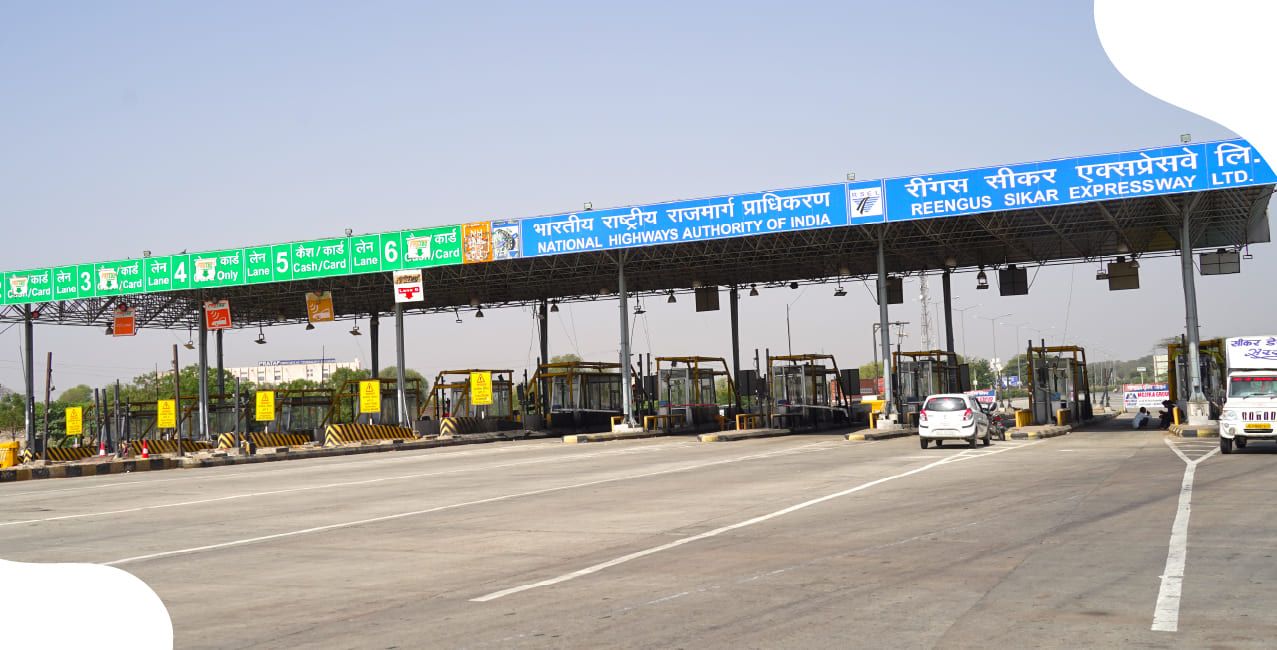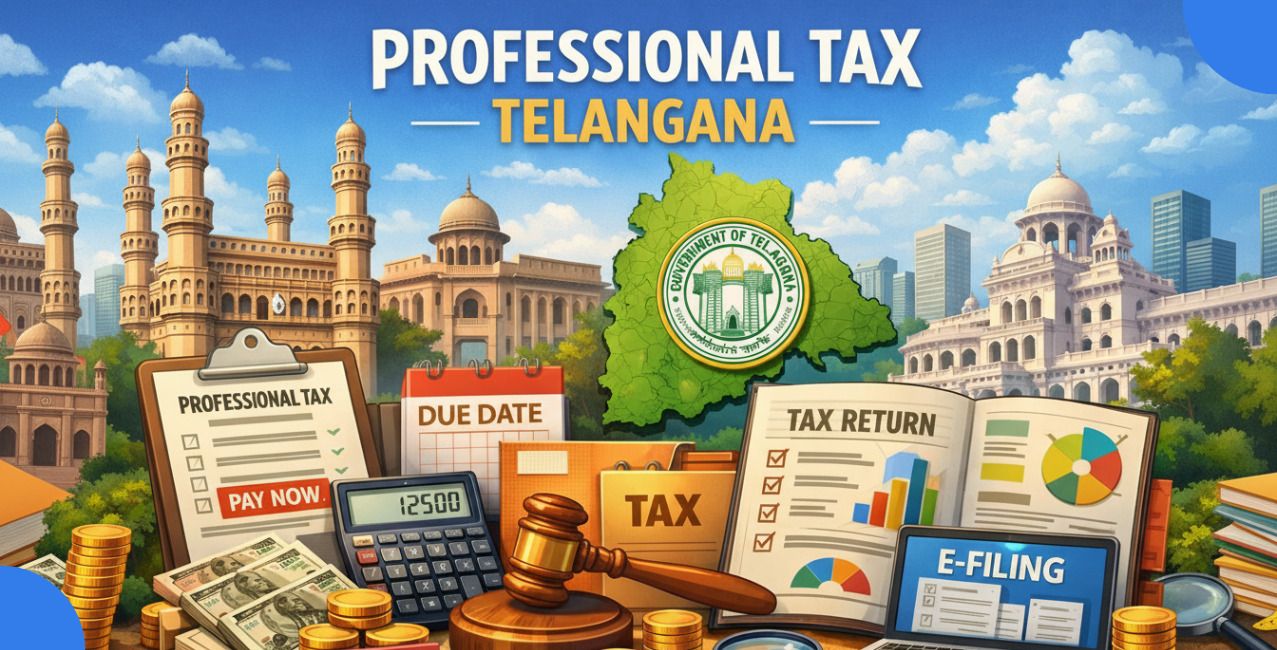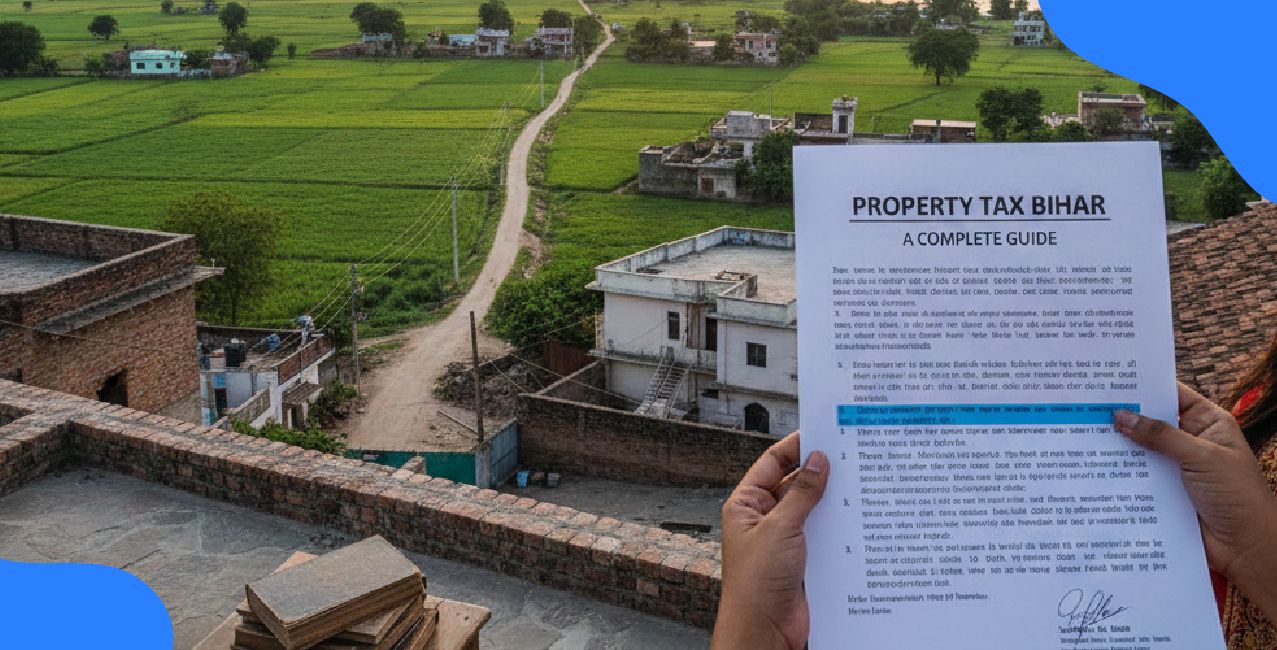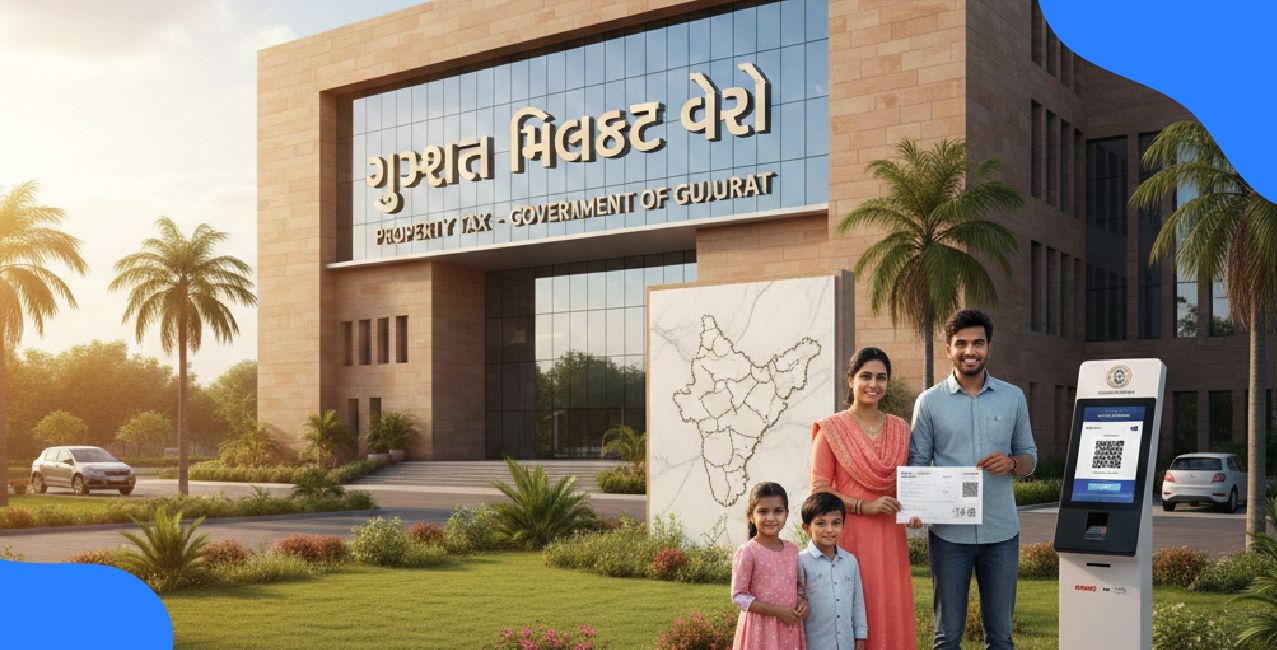What is Toll Tax: Meaning, Purpose & Collection Process

Check Your Loan Eligibility Now
By continuing, you agree to LoansJagat's Credit Report Terms of Use, Terms and Conditions, Privacy Policy, and authorize contact via Call, SMS, Email, or WhatsApp
Key Takeaways
- Toll tax is a fee you pay for using certain roads, bridges, or highways.
- It helps the government recover the cost of construction and maintenance.
- It is usually collected at toll plazas or through FASTag for faster payments.
Toll tax is a fee charged by the government or concessionaire for using specific roads, highways, or bridges. It is collected to recover the cost of construction, operation, and maintenance of these facilities.
For example, imagine Ravi, who regularly drives from Delhi to Jaipur for work. Each time he crosses the highway toll plaza, he pays a toll tax. This payment contributes to maintaining the expressway, ensuring smoother travel and better road safety. By paying this fee, Ravi not only uses a well-maintained road but also saves time and fuel compared to older routes.
This blog will explain toll tax in detail, including its purpose, collection methods, exemptions, and how digital systems like FASTag have simplified the process.
Toll Tax vs Road Tax – What’s the Difference?
Let’s take Priya, a 30-year-old designer from Pune, bought a new car for ₹10 lakhs. When she registered the car in Maharashtra, she paid 11% road tax, that’s ₹1.1 lakhs—just once. This payment lets her drive on all public roads in the state.
Two weeks later, she took a trip to Lonavala using the Mumbai-Pune Expressway. At the Khalapur toll plaza, she paid ₹320 as toll tax, just for that road and that day.
So, road tax is paid once, but toll tax is paid each time you use certain roads.
Difference Between Toll Tax and Road Tax:
Both toll tax and road tax are charges related to road usage, but they serve different purposes and are collected in different ways. The table below highlights the key differences.
Road tax is a broader, state-level charge linked to vehicle registration, while toll tax is a direct fee for using particular roads or bridges. Together, they ensure proper funding for road development and upkeep.
Bonus Tip: If you are travelling back on the same route within 24 hours, a return pass costs less than paying separately both ways.
Read More - MCD Toll Plaza: Definition and Toll Rates
What Is a FASTag-Based Annual Pass?
The below information is procured from an Times Of India article.
Let’s say Aditya, a 35-year-old sales executive from Delhi, often travels to cities like Karnal and Agra four times a week. He usually spends around ₹500 on tolls per round trip, which adds up to ₹8,000 a month.
Starting August 15, 2025, Aditya can switch to the new FASTag-based Annual Pass for just ₹3,000. It allows 200 toll trips on National Highways, valid for one year.
This pass helps private car, jeep, and van owners save up to ₹7,000 yearly while reducing toll booth wait times.
Why is the FASTag Annual Pass a Great Deal?
- Saves frequent travellers up to ₹7,000/year
- Enables smooth travel—no more waiting at tolls
- Covers 200 trips on NHs for just ₹3,000
- Rechargeable after 200 trips
- Easy activation via Rajmarg Yatra App, NHAI & MoRTH sites
How Is Toll Tax Calculated?
Let’s say Ravi, a 40-year-old truck driver from Nagpur, drives a heavy 3-axle truck to Mumbai every week, covering an 850 km round trip on the Nagpur-Mumbai Expressway.
He pays around ₹1,300 in tolls for each trip, mainly due to his truck’s size, weight, and the expressway’s premium status.
In contrast, a car on the same route would pay only ₹500. Expressways like Samruddhi Mahamarg charge more, and heavier vehicles like Ravi’s cause more road wear, leading to higher toll costs.
Factors That Affect Toll Charges:
- Vehicle Type: Bigger vehicles pay more
- Distance: Longer trips cost more
- Road Type: Expressways charge more than highways
- Infrastructure: Tunnels and flyovers increase tolls
- Load Capacity: Heavier load = higher toll
- Govt Rules: Rates updated with inflation
What is FASTag and Why It’s Mandatory?
According to the Economic Times, FASTag is a smart RFID sticker placed on your car's windshield that allows automatic toll payments—no stopping, no waiting. It's linked to your bank account or a prepaid wallet, and the toll is instantly deducted as you drive through.
Also Read - How to Check FASTag History – View Your Recharge & Toll Records
Why It’s Mandatory (From Dec 15, 2019)?
Let’s take Anil, who drives from Delhi to Jaipur weekly. Before FASTag, he waited 15–20 minutes at each toll, wasting ₹300/month in extra fuel. With FASTag, he zooms through in seconds, saving both time and ₹3,600 annually.
Vehicles without FASTag now pay double the toll. So, if the toll is ₹80, you’ll pay ₹160 without it.
Key Features & Benefits
Government estimates show ₹12,000 crore savings annually in fuel and time. So, for everyday drivers like Anil and the country—FASTag isn’t just a sticker, it’s a smarter journey.
What Is Toll Tax Validity?
Let’s say Suresh, a 45-year-old farmer from Ambala. He drives his pickup to Panipat and back the same day using NH-44. Normally, the one-way toll is ₹120, so he'd pay ₹240 for a round trip.
But here's the twist, since he returns within 24 hours, he only pays 1.5 times the one-way toll, not double. So instead of ₹240, he pays just ₹180. Cool, right?
Key Validity Points:
- Valid only if return is within 24 hours
- Saves money on same-day round trips
- Applies to the same toll plaza
Toll Validity Table:
List of Toll Tax Exemptions in India
Here is a detailed Table of Toll Tax Exemptions in India:
Bonus Tip: Many toll plazas offer discounted monthly or local passes for residents or regular commuters.
How to Save Money on Toll Tax in India?
Toll tax is a necessary expense when travelling on highways and expressways, but smart planning can help you reduce the cost. Here are some simple ways to save money on toll tax in India:
- Use FASTag: FASTag often provides cashback offers and discounts compared to cash payments.
- Plan Your Route: Choose alternative state highways or routes with fewer toll plazas, even if the distance is slightly longer.
- Travel Off-Peak: Some toll discounts are offered during non-rush hours on specific routes.
- Check for Exemptions: Electric vehicles, government vehicles, and certain categories may get toll exemptions.
- Use Monthly Passes: Frequent travellers can buy monthly or return passes at toll plazas to save on repeated trips.
While toll tax cannot be completely avoided, careful planning, digital payment options, and the use of passes can significantly cut down your travel costs.
Conclusion
Toll tax plays an important role in funding and maintaining modern road infrastructure. By charging users directly, it ensures that those who benefit from better roads contribute to their upkeep. Though it adds to travel expenses, toll tax ultimately supports safer, faster, and more efficient journeys across the country.
FAQs:
Q1: What is toll tax, and why is it charged?
Toll tax is a fee charged for using certain highways, bridges, or expressways. It is collected to recover costs and maintain road infrastructure.
Q2: How is toll tax calculated?
Toll rates depend on the type of vehicle, the distance travelled, the category of road, and in some cases, the weight or load of the vehicle.
Q3: What is the benefit of using FASTag?
FASTag allows automatic toll payment, reduces waiting time at plazas, saves fuel, and helps avoid double charges.
Q4: Who is exempted from paying toll tax in India?
Exemptions apply to emergency service vehicles, defence vehicles, certain VIPs, public transport buses, and two-wheelers.
Other Related Pages | |||
About the author

LoansJagat Team
Contributor‘Simplify Finance for Everyone.’ This is the common goal of our team, as we try to explain any topic with relatable examples. From personal to business finance, managing EMIs to becoming debt-free, we do extensive research on each and every parameter, so you don’t have to. Scroll up and have a look at what 15+ years of experience in the BFSI sector looks like.
Subscribe Now
Related Blog Post

Professional Tax of Telangana: Guide to Rates, Rules & Payment Process

Property Tax Bihar: Rates, Online Payment Process & Complete Guide

Property Tax Gujarat – Rates, Calculation, Payment Process & Complete Guide
Recent Blogs
All Topics
Contents
Quick Apply Loan
Consolidate your debts into one easy EMI.
Takes less than 2 minutes. No paperwork.
10 Lakhs+
Trusted Customers
2000 Cr+
Loans Disbursed
4.7/5
Google Reviews
20+
Banks & NBFCs Offers
Other services mentioned in this article





